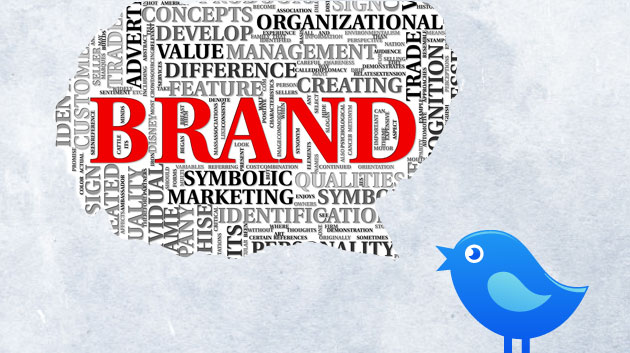Last month one of the biggest stories on Twitter was the hacking of some very important brand websites which were soon after made to look like those of their competitors or bombarded with some very strange or outright offensive messages. The case of Burger King stands out: the company’s Twitter account was hijacked by an unknown party, replaced by McDonalds ads and a series of irreverent tweets soon followed including an advert for a ‘bath salts’ drug combo for whoppers. Control was quickly restored but not before BK got a lot of press and a lot more followers. The same thing happened just days later with the Jeep website turned into a Cadillac commercial. None of the companies capitalised like this in a way that, say, Oreo or Taco Bell, companies known in the Twittersphere for smart reach out to their followers would probably have done.
But things could be worse. The social media debacle cause by the two hacks reflected poorly on Twitter but not on the two companies who ended up with a lot of new followers for free. Other brands like MTV and BET staged their own hack and ended up looking considerably worse, the inept faux-hax being wildly disparaged by others and even mocked by another big brand for its bad taste and absurdity. Equally bad was the response or rather lack thereof that Poland Spring exhibited during Marco Rubio’s mid speech water break.
The basic thing that most of these companies failed to grasp is the liberty that Twitter affords to companies. While normal marketing methods are quite formal and, even when they do go for a joke they do so in distinct cases on twitter the viral format and character constraints allow a company’s marketing team to go a little wild without consequence, or rather with some very positive outcomes. Oreos are a very good example of this: the social media team responds to customers, is quick to capitalise on every occasion, like the Superbowl black-out or the Mars rover landing last Summer and is overall engaged and funny. This is what social media people have to understand above everything else: humour sells, and Internet humor is omnipresent, so much that a lot of times people have come to expect it. Regardless of how engaged your brand is to its audience or what its general attitude is you shouldn’t be afraid to react to your followers and their tweets.
This is the thing that the Twitter hacks showed us above all: people react positively to brands on Twitter, even in the case of hacks and nefarious dealings. So don’t be afraid to let loose with your brand’s account and interact with followers. You might gain significant viral buzz from it.
Author Bio
Randy tweets and writes from the office of a digital agency in New York on all things SEO, tech and geek.
